A high-quality, nutritious diet significantly enhances your pet’s health and quality of life. However, the number of pet food options available makes choosing the best products extremely difficult. As with human diet fads, a plethora of pet diets are touted as the most nutritious. To help you cut through the pet food jargon, our Cane Bay Veterinary Clinic team covers common myths about pet food.
Myth 1: Human foods are healthy for pets
Many pet owners believe that food that is safe for them must be safe for their pets. This is totally not true. Many people foods, such as chocolate, grapes, onions, and garlic, can be toxic for pets, and foods high in fat and sugar can cause health issues such as pancreatitis and obesity. Some foods, such as plain, boiled chicken, shredded carrots, or blueberries, can be safe in small amounts, but do your research before handing your plate to your furry friend.
Myth 2: Pets can thrive on a vegan diet
While some pet owners advocate vegan diets for their pets, dogs and cats have specific dietary needs that a plant-based diet does not provide. Cats are obligate carnivores and require nutrients such as taurine and arachidonic acid, found only in animal products. Dogs are omnivores, but they still benefit significantly from animal proteins. Consult with our Cane Bay Veterinary Clinic team before starting your pet on a vegetarian or vegan diet, which is unlikely to meet all their nutrition needs.
Myth 3: Dry pet food is better for dental health
A common belief is that dry food helps clean a pet’s teeth. However, although dry kibble does provide some abrasive action, the amount is insufficient for maintaining dental health. Dry food particles can become lodged between the teeth, leading to plaque and bacteria buildup. Regular dental care, including at-home toothbrushing and dental chews, and professional cleanings, is the basis of dental disease prevention.
Myth 4: A raw diet for pets is healthier
Raw diets are sometimes touted as more natural and healthier for pets, but they actually pose significant health risks, including bacterial contamination (e.g., salmonella, E. coli) and nutritional imbalances. Consult with our veterinarian before switching to a raw diet—or any new diet—to ensure your recipes meet all your pet’s needs and that you follow meticulous preparation hygiene.
Myth 5: Pets should be allowed to graze their food
Some pets will moderate how much they eat, but most do not understand what’s best for their health and will not stop eating if food is available. Leaving full bowls of food for your pet can lead to gastrointestinal issues, such as vomiting and diarrhea, and weight gain. Follow the feeding guidelines on the package according to your pet’s weight and life stage. Better yet, ask our team to help you formulate the appropriate diet for your four-legged friend.
Myth 6: Pets require supplements for their health
Some pets require supplements for certain health conditions, such as arthritis, but most healthy pets on a correct diet will not require additional vitamins and nutrients. Over-supplementation can cause problems, so consult our veterinarian before you feed supplements to your pet.
Myth 7: Senior pets need less protein
Older pets do not necessarily require less protein, as is commonly believed. They have different nutritional requirements, including more high-quality protein to maintain muscle mass, and you should ask our veterinarian to formulate a diet for your senior pet.
Myth 8: Grain-free diets are healthier for most pets
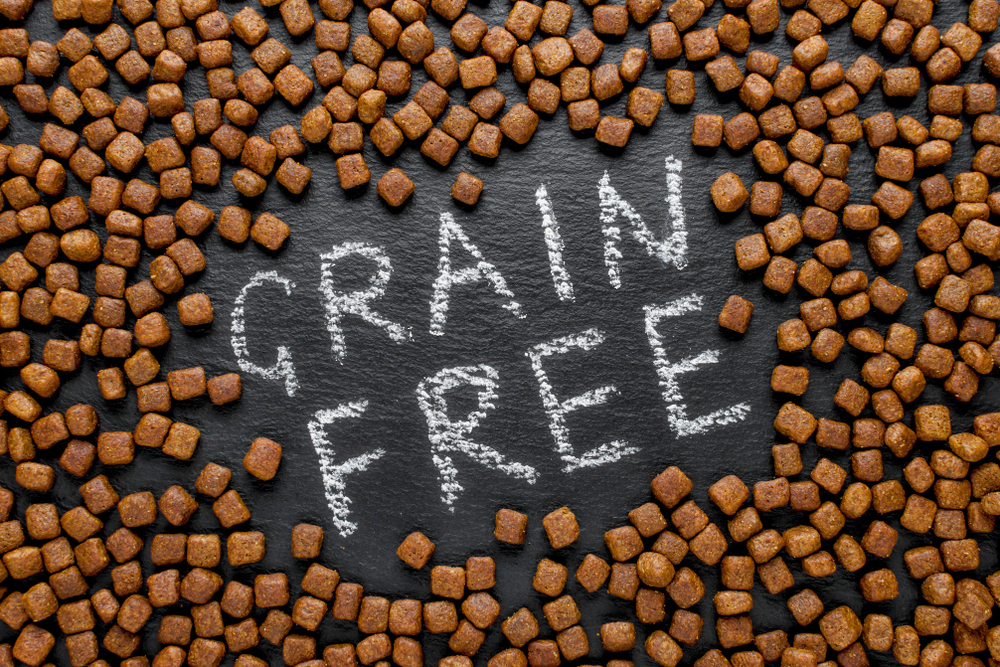
The grain-free diet craze for people has carried over to pet food, fueled by the idea for pets that grain is the primary cause of allergies. However, grain makes up a small percentage of common pet allergens and further, food allergies make up less than 10% of pet allergies. For most pets, grains provide essential fiber and nutrients that promote energy and health.
Understanding pet nutrition and health myths helps you provide the best care for your furry friend, and an individualized, balanced diet is a critical component for long-term health and vitality. Schedule an appointment with our Cane Bay Veterinary Clinic team if you have questions about the best diet for your pet.

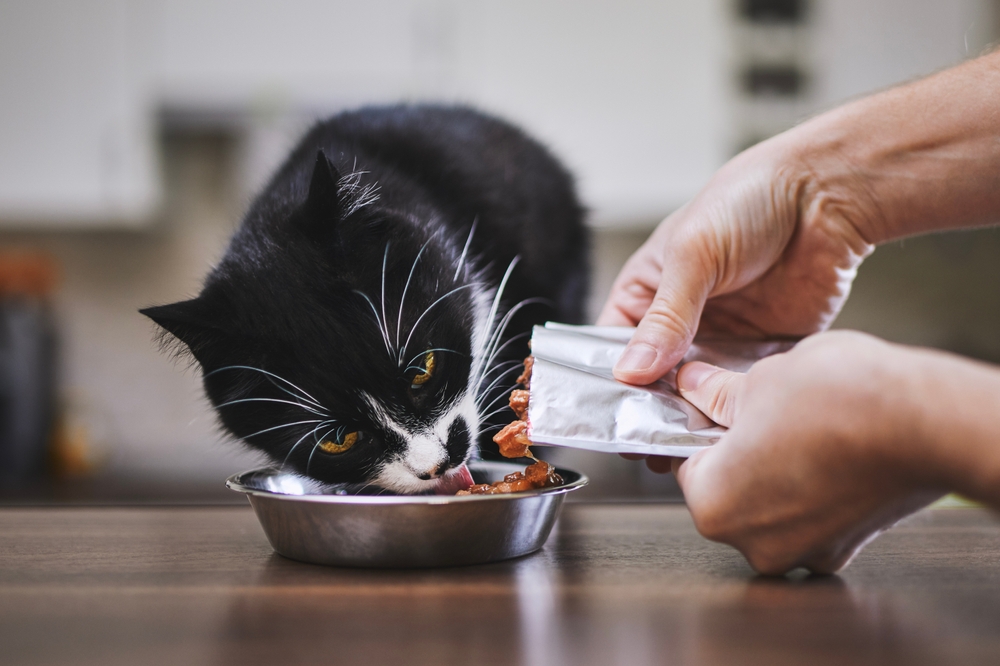
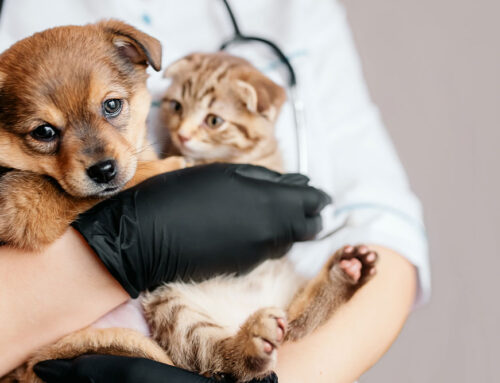

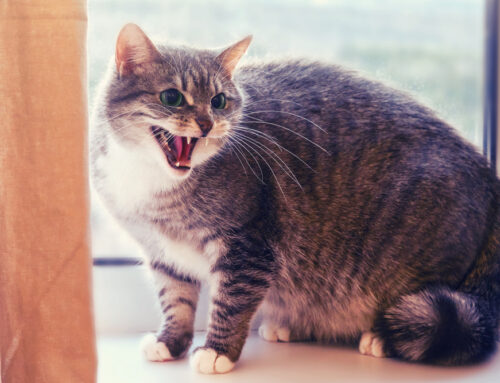
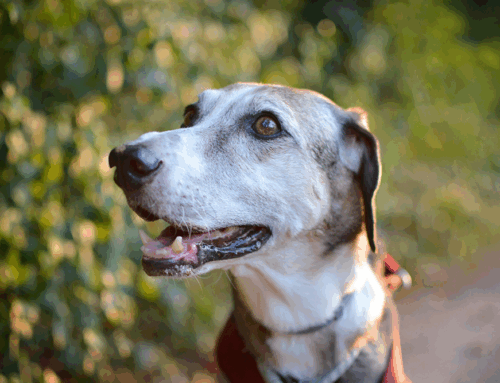

Leave A Comment